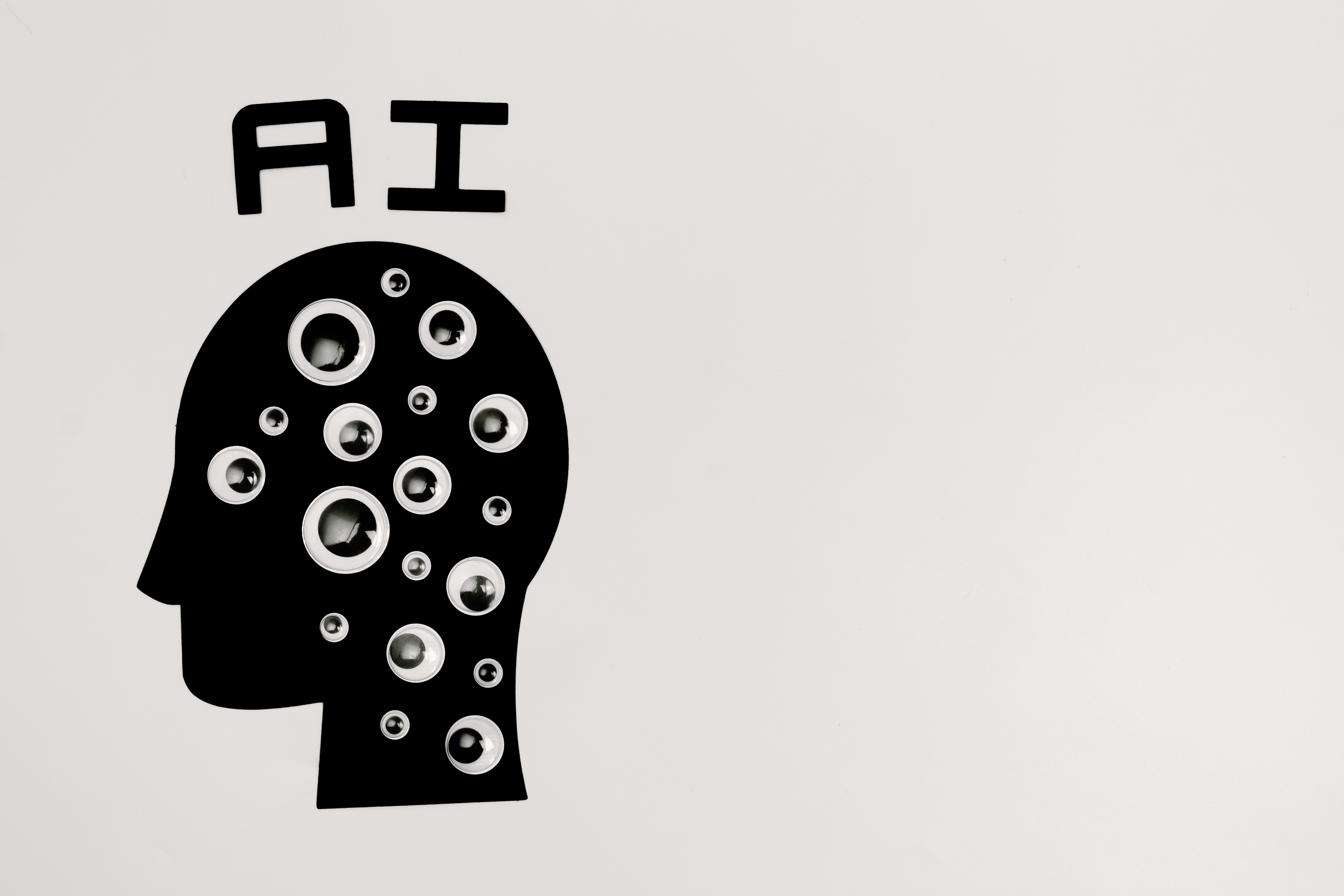09.07.2023 | Promotional Products, 2023, AI, Artificial Intelligence

In today's fast-paced technological landscape, the term "Artificial Intelligence" (AI) has become a buzzword that often sparks a mix of curiosity, excitement, and skepticism. As AI continues to shape various aspects of our lives, it's crucial to separate fact from fiction and gain a deeper understanding of what AI truly entails. Let's debunk common myths and uncover surprising facts about AI to shed light on its real capabilities.
AI Possesses Human-Like Intelligence - Myth
One of the most persistent misconceptions is that AI possesses human-like cognitive abilities. While AI systems can perform specific tasks at incredible speeds, they lack true consciousness, emotions, and common-sense reasoning. AI operates based on patterns and data, and its "intelligence" is confined to the algorithms it's programmed with.
AI is Diverse and Specialized - Fact
AI is not a singular pillar but a spectrum of technologies with varying levels of complexity. Narrow AI, also known as Weak AI, is designed to perform a specific task proficiently. On the other hand, General AI or Strong AI, capable of human-like reasoning, remains largely theoretical and far from realization.
AI Will Replace Human Jobs Completely - Myth
The fear of widespread job displacement due to AI is a common concern. While AI can automate repetitive tasks and enhance efficiency, it's unlikely to replace jobs that require creativity, emotional intelligence, and complex decision-making. Instead, AI can expand human roles, allowing professionals to focus on higher-value tasks.
AI Requires Massive Data Sets - Fact
AI's ability to learn and improve is heavily reliant on data. Machine Learning (ML), a subset of AI, relies on vast amounts of data to train models. The quality and diversity of data greatly impact the accuracy and effectiveness of AI systems. Garbage in, garbage out—feeding AI biased or inadequate data can lead to skewed outcomes.
AI is Infallible and Unbiased - Myth
AI systems are not immune to errors or biases. They can inadvertently amplify existing biases present in training data. For instance, biased data can lead to discriminatory decisions in hiring or lending processes. Ensuring AI fairness requires constant vigilance and ethical considerations during the development and deployment phases.
AI is already Enhancing Healthcare and Research - FACT
AI's potential shines brightly in healthcare and scientific research. AI-driven diagnostic tools can analyze medical images more accurately and quickly than human experts. Additionally, AI assists in drug discovery by analyzing complex molecular interactions, accelerating research timelines.
AI Understands Context and Nuances Like Humans - MYTH
While AI can process vast amounts of text and language, it struggles with understanding context, humor, sarcasm, and subtle human nuances. Chatbots and language models might generate coherent responses, but they lack genuine comprehension.
AI Powers Personalized Experiences - FACT
Recommendation systems, a common AI application, offer personalized suggestions in various domains—shopping, content consumption, and more. AI analyzes user behavior and preferences to deliver tailored experiences, making our digital interactions more relevant and engaging.
AI Poses Immediate Existential Threat - MYTH
Worries about AI turning against humanity, as depicted in sci-fi movies, are largely exaggerated. Creating AI systems with moral values and self-awareness like humans is a complex challenge and far from current capabilities. With that said AI in the hands of those who wish to do harm is a threat that needs to be monitored and guarded against.
AI Raises Ethical and Societal Concerns - FACT
AI's rapid advancement imposes ethical considerations around privacy, accountability, transparency, and potential misuse. Governments, organizations, and researchers are collaborating to establish guidelines and regulations that ensure AI's responsible development and deployment. As technology is developing at an ever-faster pace, it’s crucial that the proper guardrails are developed to ensure AI becomes a positive force for our growth and our future.
Separating AI fact from fiction is essential for informed discussions and decision-making. While AI has achieved remarkable feats, it's important to acknowledge its limitations and potential risks. By understanding the real capabilities of AI and the ongoing efforts to harness its potential responsibly, we can navigate this technological landscape with greater clarity and wisdom.
Let's Stay in Touch!
⭐ Subscribe to our blog for more industry insights, custom merch inspo, and product launches!
🎧 Questions? Project Ideas? Give us a shout! We're always here to help!
Elevate Your Branded Merch Strategy
